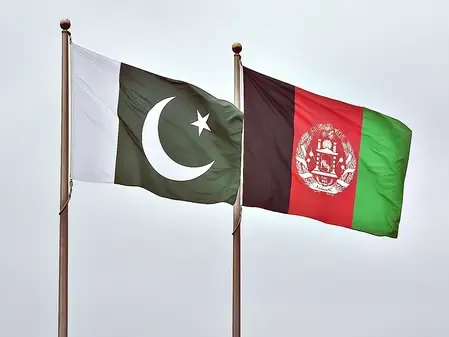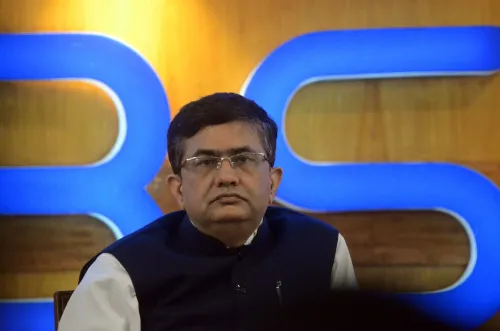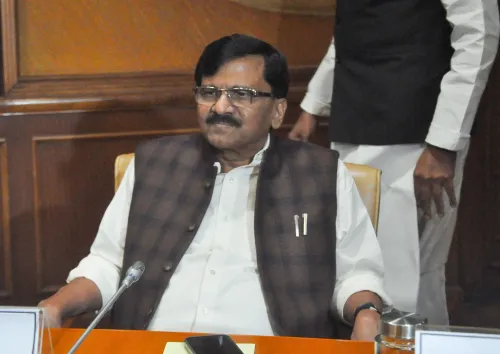Is Pakistan's Conflict with Afghanistan Too Costly to Sustain?

Synopsis
Key Takeaways
- Pakistan's military confrontation with Afghanistan reveals internal weaknesses.
- Ceasefire chosen over escalation reflects economic and political strains.
- Relations with Afghanistan deteriorated post-Taliban takeover.
- Potential TTP retaliation poses security risks.
- International support is crucial for Pakistan's stability.
New Delhi, Nov 9 (NationPress) The recent military skirmish between Pakistan and Afghanistan has unveiled the country's significant internal weaknesses and absence of international support, leading Islamabad to pursue a ceasefire rather than extend hostilities. After conducting airstrikes on Afghan soil targeting Tehrik-e-Taliban Pakistan (TTP) militants, Islamabad quickly found itself in a defensive position.
Experts argue that political instability, economic challenges, and foreign policy missteps have left Pakistan ill-equipped to maintain a prolonged conflict. Political analyst Sami Yousufzai remarked in the Daily Asian Age, "Afghanistan has little to lose, but as a more stable nation, Pakistan should refrain from reckless actions. Such strikes will not eradicate the TTP; instead, they will bolster its support."
Security specialist Ihsanullah Tipu highlighted the potential for over 6,000 TTP fighters to cross into Pakistan in retaliation.
Joshua White, a professor at Johns Hopkins University, stated that Islamabad's situation is "largely self-inflicted", as the Taliban it once supported now harbors anti-Pakistan elements, according to the report.
Since the Taliban's takeover in 2021, relations between Islamabad and Kabul have worsened, exacerbated by escalating TTP assaults and Pakistan's expulsion of nearly half a million Afghan refugees.
Dr. Chietigj Bajpaee from Chatham House noted that Islamabad has diminished in strategic significance to the West since the US withdrawal.
China, Pakistan's closest ally, has stayed neutral, urging both nations to "exercise calm and restraint".
Shortly thereafter, Prime Minister Shehbaz Sharif expressed willingness for discussions "on valid conditions". However, Taliban spokesperson Zabihullah Mujahid clarified that the ceasefire was initiated at Pakistan's "request and insistence".
On the economic front, Pakistan remains in turmoil. Analysts caution that further escalation could jeopardize its precarious IMF program and exacerbate its financial difficulties. The Dawn newspaper editorialized, advising the government to act "with wisdom" and avoid extended conflict.
As analyst Abdullah Baheer pointed out, "If bombing couldn't compel Afghanistan into submission during 20 years of US occupation, Pakistan shouldn't anticipate a different result now."










